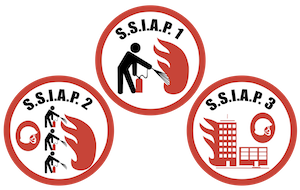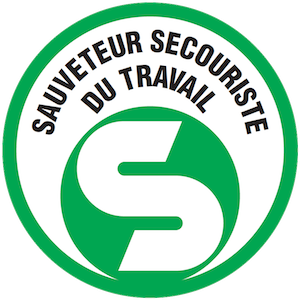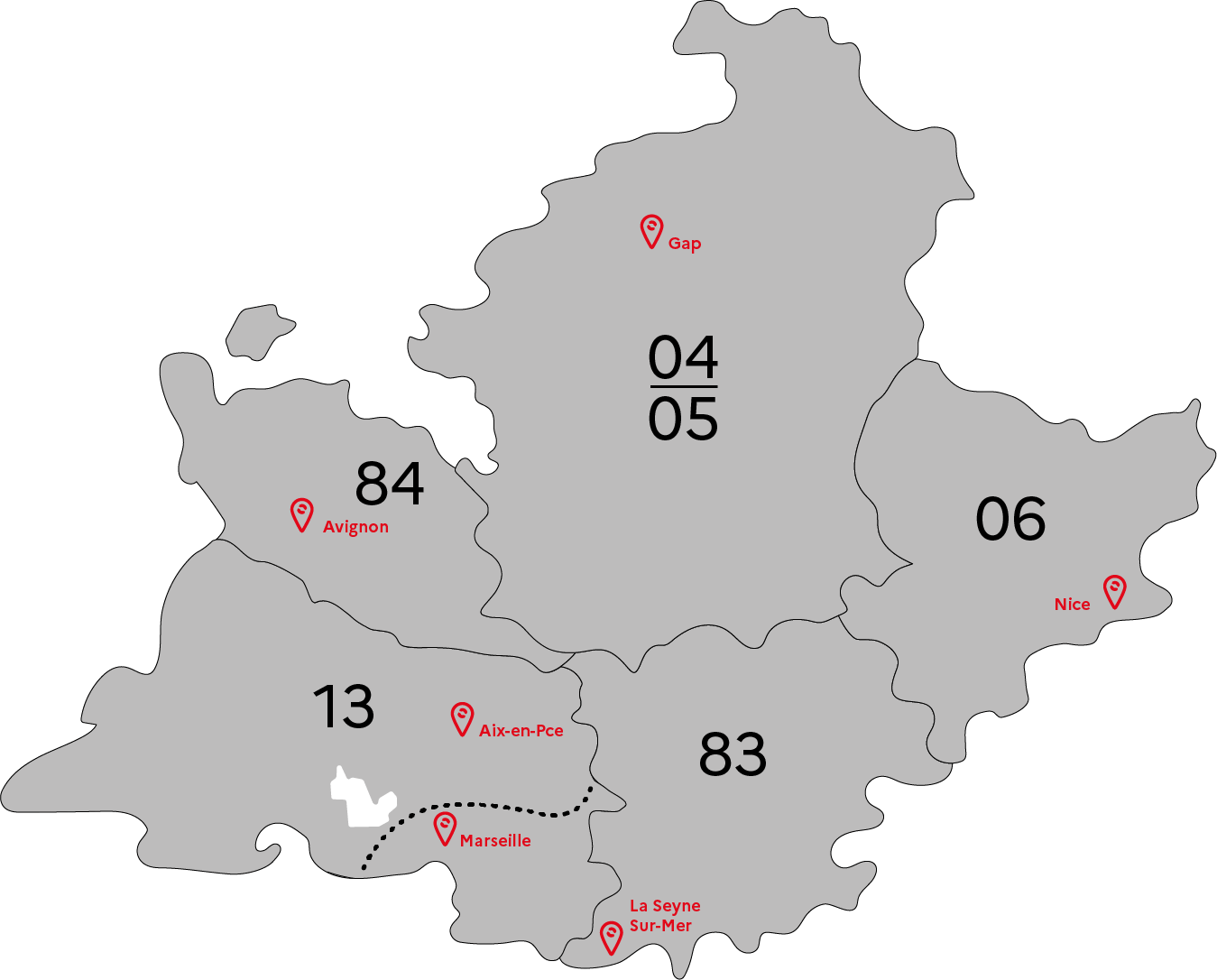In compliance with legislation and regulations, the code of ethics, procedures and instructions, the private safety and security agent carries out missions related to human surveillance and fire safety, subject to proving that he meets the requirements and conditions laid down by each of the two sets of regulations. Access to the practice of human surveillance is regulated and requires the possession of a professional card. The main objectives of the training are to ensure that the safety and security agent is able to:
The training leading to the Private Safety and Security Agent (A2SP) professional qualification consists of 3 professional skills certificates (CCP) . Validation of these three CCPs enables the professional qualification to be awarded. To validate the qualification, candidates must obtain the three CCPs that make up the qualification. Validation of CCP 1 and CCP 2 makes it possible to apply (by way of derogation) to the CNAPS for the issue of a professional card.
CCP 1 - To provide a human surveillance service as part of a continuous improvement approach to security
CCP 2 - Provide a human surveillance service as part of an approach to preventing and protecting against risks and threats
CCP 3 - Carrying out a human surveillance service on sensitive sites as part of a reinforced protection approach
The participant will be able to prepare for the Sauveteur Secouriste du Travail (SST) certificate tests, BS/BE electrical clearances and SSIAP 1 certification.
Find out more about this qualification (RNCP34507, exact wording of the diploma, name of the certifier, registration date of the qualification) by clicking here.
Mastery of spoken and written French: level B1 of the CEFR required. Preliminary or provisional authorisation for training issued by the CNAPS when the administrative file is compiled. People who obtained their prior authorisation before the date of promulgation of the law requiring applicants to hold a 5-year residence permit will be able to obtain a professional card on successful completion of their training.
12 people
Positioning upstream of entry to the training course.
Interviews, remediation with the educational referent and/or company referent during the course.
Taking account of beneficiary satisfaction during and at the end of the training course.
For beneficiaries with disabilities: possible adaptation of training and certification arrangements, support by the GRETA-CFA TH referent.
Trainers with experience in individualising learning.
Teachers certified by the French Education Nationale, Bac +3 trainers with significant experience in adult training, professional speakers.
Interview with a professional jury
In-course evaluations (ECF)
Professional portfolio
Collective Information and Positioning Meeting (ICOP):
- presentation of the course and the profession
- Basic skills assessment test
- Motivation interview
Success rate: 80% on safety training in 2020 (CQP APS)
Satisfaction rate: 97% on safety training in 2020
Recommendation rate by our former trainees: 100% on safety training in 2020
Job integration rate: 70% on safety training in 2020 (CQP APS)
GRETA-CFA Alpes Provence
GRETA-CFA Alpes Provence




FORPRO-PACA
Réseau Formation Professionnelle
de l'Éducation nationale
FORPRO-PACA IS HIRING
LINKS
